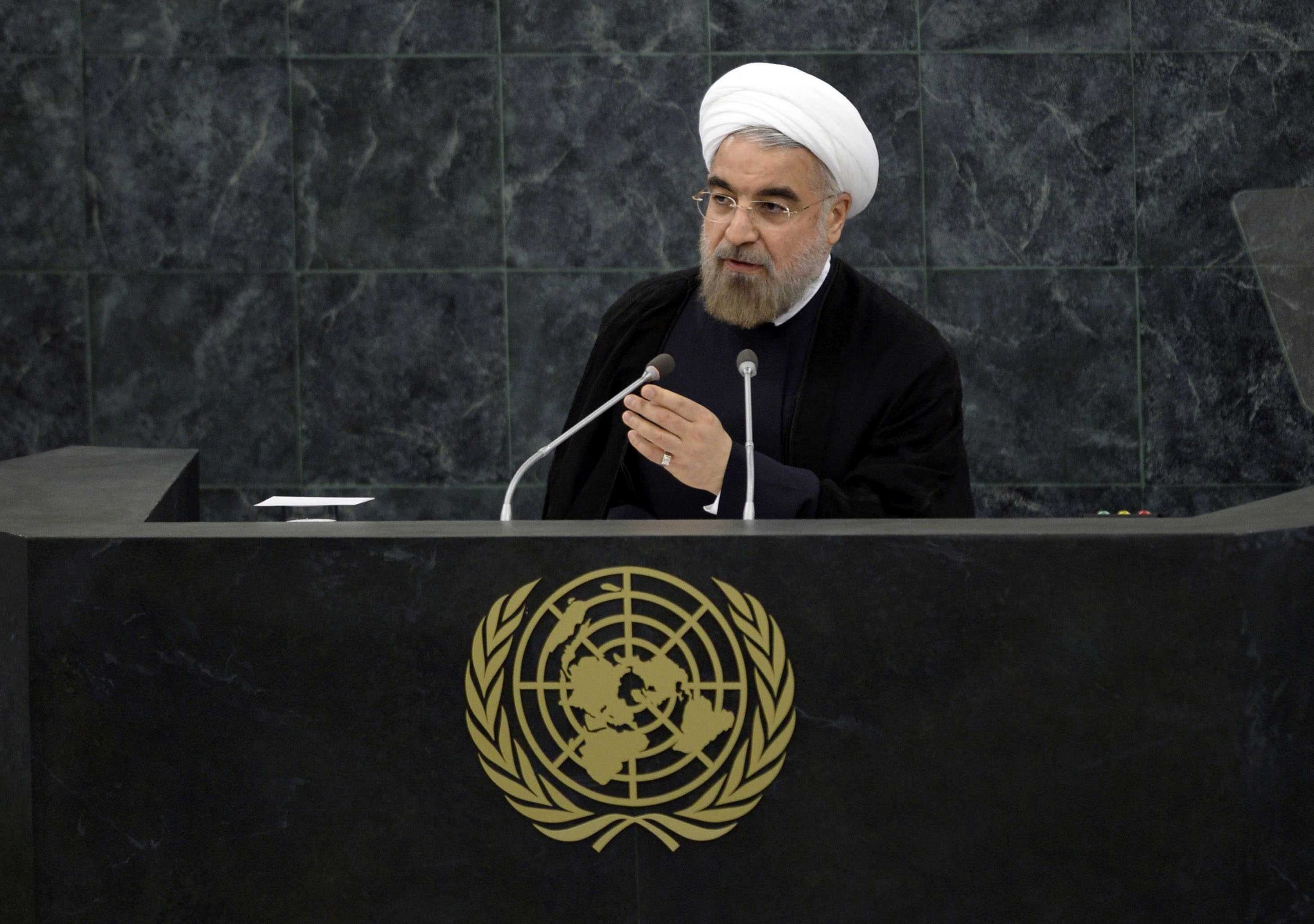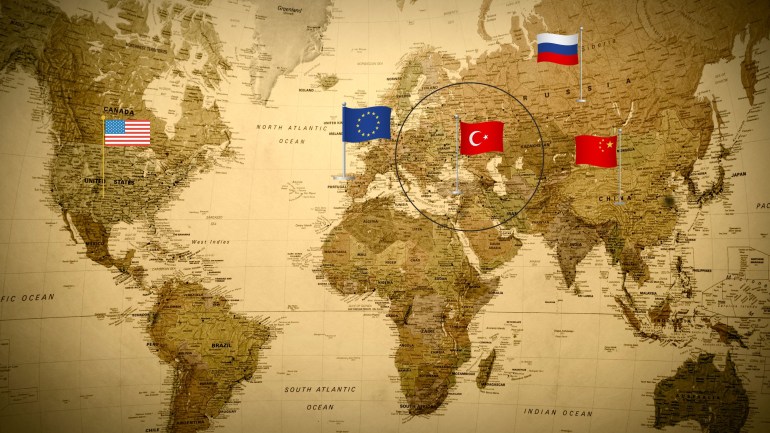
DISCLAIMER: all opinions in this column reflect view of the autor(s), not of Vocal Europe
105 United Nations Member States, including many from Europe, adopted a resolution on December 21st to establish a mechanism aimed at investigating war crimes committed in Syria. For the first time in modern history, Iran is facing international accountability for its crimes.
The next day Turkey’s Anadolu News Agency reported all civilians and armed Syrian rebels evacuated Eastern Aleppo after being under siege by Iranian and Russian forces.
After the evacuation media outlets continuously wired accounts of displaced Aleppo residents killed and arrested in various checkpoints erected in different parts of the city by the IRGC and their Iraqi and Afghan proxy groups.
Reports and images from Aleppo showed displaced civilians forced from their homes under heavy snow. This was especially devastating for Europeans, after opening their doors to so many Syrians across the Green Continent.
Recent reports also indicate a new Syrian regime bombing campaign near Damascus, as battles continued between Syrian rebels and the pro-Assad forces.
In the meantime, further reports show more IRGC members being arrested and killed in Syria, with burials taking place in various cities across Iran. This comes at a time when the Iranian opposition recently reported Tehran dispatched more than 25,000 Shiite militias to Syria. Moreover, the Quds Force has ordered 10,000 men of the Iraqi Popular Mobilization Units into cities across Syria. This is aside from the Lebanese Hezbollah who were involved in massacring the Syrian people.
As confirmed by Iranian leaders, these armed forces are all considered under Tehran’s umbrella, receiving their budgets and fighting motivation from Iran’s mullahs, being the world’s leading state sponsor of terrorism.
Tehran is known to repeat time and again how Syria is the “frontline” of their establishment and they will tack action whenever needed.
While no one advocates war, all this bloodshed could have been curbed if U.S. President Barack Obama had enforced his “red line,” especially since French fighter jets were also ready to strike Assad’s targets.
In the meantime, Iran’s political apparatus, from Supreme Leader Ali Khamenei, President Hassan Rouhani and the regime’s long slate of military commanders are continuously defending their crimes in Syria.
Even Tehran’s army has played a role by sending members of its 65th Division to Syria, only to hear news about their “Green Berets” being killed in Syria. Dozens of such troops were killed in Aleppo before Iran was forced to pull them out.
Of course, the world knows perfectly well how Iran views Syria.
“Syria is the 35th province [of Iran] and a strategic one for us. If the enemy attacks us and wants to take over either Syria or Khuzestan [in southern Iran], our priority is to keep Syria. If we maintain control over Syria, we can retake Khuzestan. But if we lose Syria, we will not be able to maintain Tehran,” said former IRGC intelligence chief Mehdi Taeb. General Hossein Hamedani, in command of all Iran-affiliated forces in Syria before being killed in October near Aleppo, shed more light into this matter.
“Today, we are fighting in Syria for the better interests of [Iran]… 42 groups and 128 battalions consisting of 70,000 young Islamic, Alawite, Sunnis and Shiites have taken control over the security dossiers in different cities and provinces across Syria… today we have more than 130,000 trained [paramilitary forces] waiting to be transferred to Syria,” he said.
“We have 50,000 Hezbollah troops [to Syria],” said Iranian MP Mahmoud Nabavian.
A quick search in the internet provides the names of hundreds of IRGC members killed in Syria. State-run news agencies reported 400 Iranian IRGC members had been killed in Syria. Iran’s Tabnak website said 200 Afghan members of the Fatemioun Division were killed in Syria.
42 brigades and 138 equipped battalions of the IRGC are present in Syria, said IRGC General Mohammad Iskandari on May 15th, 2014.
Throughout the near six-year war Free Syrian Army members have been documenting the names and specifications of IRGC members and proxy troops arrested in Syria, the location of their apprehension and confessions. This has the potential of providing valuable documents needed to hold those responsible for this atrocious genocide in Syria, and quickly transform this dossier into a huge embarrassment for the mullahs.
Iranian opposition National Council of Resistance of Iran, led by Maryam Rajavi, has long called for a strong international stance against Iran’s lethal meddling in Syria and across the Middle East.
“The regime in Tehran is the source of crisis in the region and killings in Syria; it has played the greatest role in the expansion and continuation of ISIS. Peace and tranquility in the region can only be achieved by evicting this regime from the region,” Rajavi said in a recent statement.
Europe, after experiencing a devastating Srebrenica massacre in recent history and the horrendous Holocaust of World War II, should play a pivotal role to demand Iran be held accountable for its human rights violations and war crimes.
With U.S. President Barack Obama leaving office, the main flagbearer of the appeasement policy vis-à-vis Iran will be gone. This provides the opportunity to place strategic pressure upon the mullahs’ regime.




1 Comments
D Cripps
Some light on Medhi Taeb’s spreading lethal disinformation in earlier years (still actively in circulation): https://www.memri.org/reports/khamenei-associate-mehdi-taeb-jews-are-only-ones-who-need-weapons-mass-destruction-order
Comments are closed.